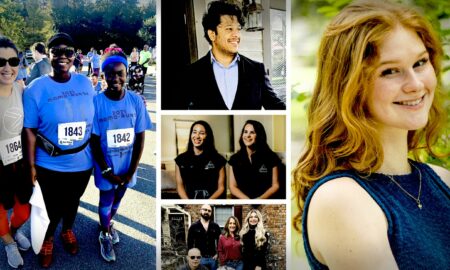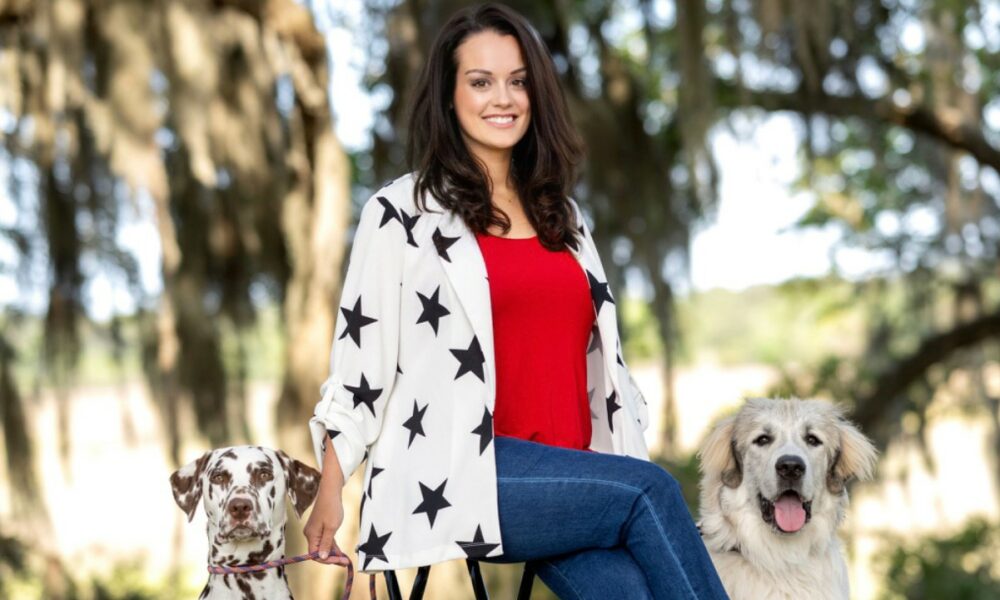

Today we’d like to introduce you to Britnee Kinard.
Hi Britnee, so excited to have you with us today. What can you tell us about your story?
When I met and married Hamilton, I knew I was signing up to be a military wife but I could not have imagined the challenges we would face as a couple and later as a family.
I am a graduate of the Middle Tennessee State University (MTSU) and was working my way up the management hierarchy in banking, and finding time to travel and sing because I had landed two recording deals.
My husband was deployed to Iraq in 2004 and 2005 and was closely involved with over thirteen improvised explosive devices (IEDs). On March 15, 2005, Hamilton was directly hit by an IED and suffered many injuries – the main ones are his traumatic brain injuries (TBIs), post-traumatic stress disorder (PTSD), and total nerve damage.
I could fill a book with the challenges we experienced with Veterans Affairs (VA) and at that time, the VA did not offer a caregiver program. We waited six years for the military to make a partial decision about Hamilton’s injuries and medical claim. Finally, they agreed on five of his injuries but have still not agreed to assist our family with the other injuries he suffered in Iraq.
However, in 2012 the VA did agree that he cannot work, he cannot be left home alone, and needs a full-time caregiver – which is me. Caring for him is far more important than any job or recording contract, but it is hard that the VA took so long to help us. In fact, at one point if it had not been for my husband’s father – who is a Vietnam veteran with a disability – we would have been homeless.
In 2014, the VA told my husband that he really needed a mobility service animal. The VA approves service animals for soldiers such as Seeing Eye dogs, hearing dogs, spinal cord injury, and TBI assistant dogs. Then, when we got Gunner, my husband’s service dog, the VA said they wouldn’t cover the expense – it was unbelievable. I looked into all of the federal regulations and laws and kept reapplying and eventually, I asked a friend for help with our appeal.
Sergeant Major Jesse Acosta came to interview me about the VA’s policies on service animals for a Savannah TV News Channel. Jesse lost his vision and needs his service animal, Charlie-Boy. After the story aired, I got a letter from the VA saying that Gunner had been approved.
That was about 18 months from the date that we started the process. It was a big relief. But our story isn’t unique. We saw that other families were struggling with the VA and soldiers were losing out because they couldn’t afford to keep service animals without VA funding.
I can’t imagine what our lives would be like without Gunner, so we started the SD Gunner Fund in June 2014, a nonprofit organization to help others with the financial assistance of owning and caring for much-needed service animals.
Hamilton and I also have two children. In 2012, my oldest son, Blayne, was two years old and was diagnosed with Autism Spectrum Disorder, receptive and expressive language disorder, sensory processing disorder, and oppositional defiant disorder. He also has a rare medical condition called Stevens-Johnson syndrome, for which there is no cure, so unattended we run the risk of losing him.
That same year we had just had our second son Maks so as well as having a newborn baby, I threw my son into every kind of therapy to help with his condition. We applied for grants to help provide autism services and I realized that if we were having a hard time, then other families must be having a terrible time – especially those who don’t have a guaranteed insurance plan as we go through the military.
We had our service dog Gunner dual trained to assist Blayne and to alert us if he ever got too far from me and to obey a command to find him if he did bolt from us. That was a huge relief knowing that I had a second set of eyes to help me help Blayne.
To assist more families, we added service dogs for children with disabilities and first responders to the mission of the SD Gunner Fund.
Alright, so let’s dig a little deeper into the story – has it been an easy path overall, and if not, what were the challenges you’ve had to overcome?
Part of the journey is experiencing the inevitable bumps along the way. I came from the business world so when I first started SD Gunner Fund, the non-profit sector was very new to me.
It took years to grow our following and our impact. It really takes a village, and I found that building connections and relationships in my own community were the most effective way to grow as a non-profit. It’s important to build relationships and trust in the community that we serve.
Another part of the journey is dealing with negativity. People will come in and out of your life. More often when you’re on top. Some of those people will try everything in their power to bring you down and you just have to pray for them and keep moving forward.
Great, so let’s talk business. Can you tell our readers more about what you do and what you think sets you apart from others?
SD Gunner Fund, a registered 501(c)3 organization, has a mission to assist veterans, children living with disabilities, and first responders while inspiring disability awareness through public education and advocacy.
Founded in 2014, we are best known for training and providing service dogs and facility therapy dogs for veterans, first responders, and exceptional children. Service animals are trained to support individuals with mobility, hearing, psychiatric, and neurological disabilities.
To date, SD Gunner Fund has trained and matched 85 service dogs and five therapy dogs nationwide. We are the only service dog non-profit in the Georgia coastal region and depend on donations, grants, and funds raised to cover all costs. SD Gunner Fund has continued to evolve and adapt to support the community in a variety of ways.
SD Gunner fund has also provided financial assistance such as paying off past-due medical and therapy bills, housing assistance to homeless veterans and assisting local schools’ special needs classrooms.
Is there any advice you’d like to share with our readers who might just be starting out?
My advice for starting a non-profit is to be fully connected to the cause and know your “why” for the work that you do.
It’s a great reminder during the challenging times of launching the non-profit and a motivator to keep the families you serve at the forefront of your mind. I also realized early on that to make the biggest impact, it’s really important to make connections with people in your community who also want to help.
That means getting outside of your comfort zone, sharing your mission with other leaders in the community, and utilizing the expertise of others to help grow your organization.
Contact Info:
- Website: www.sdgunner.org
- Instagram: https://www.instagram.com/sd_gunner_fund
- Facebook: https://www.facebook.com/SDGunner
- Twitter: https://www.twitter.com/sdgunnerfund
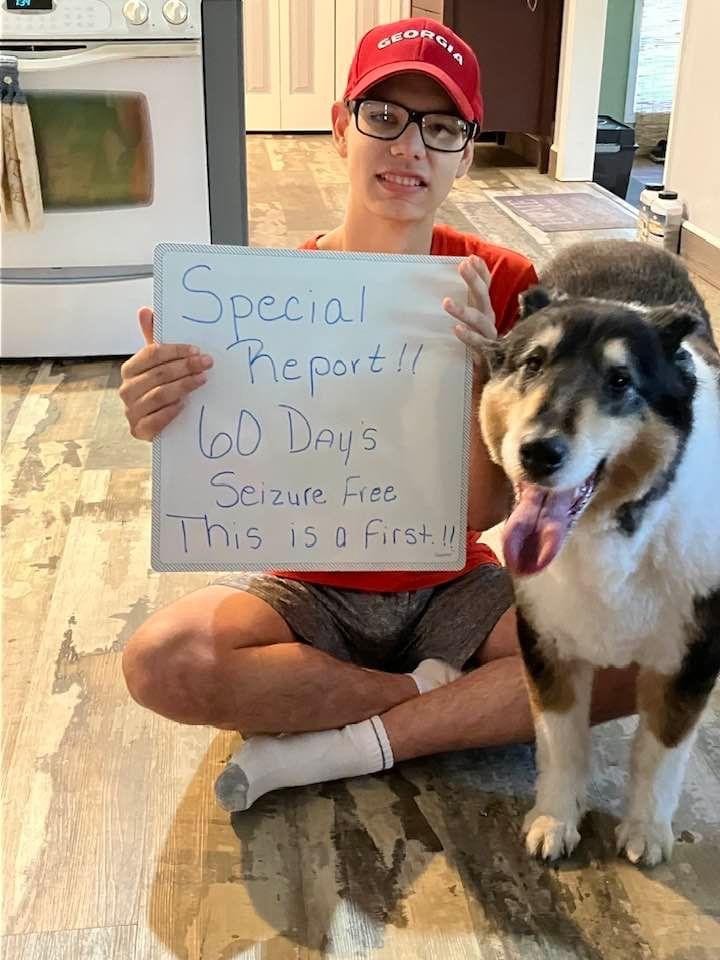
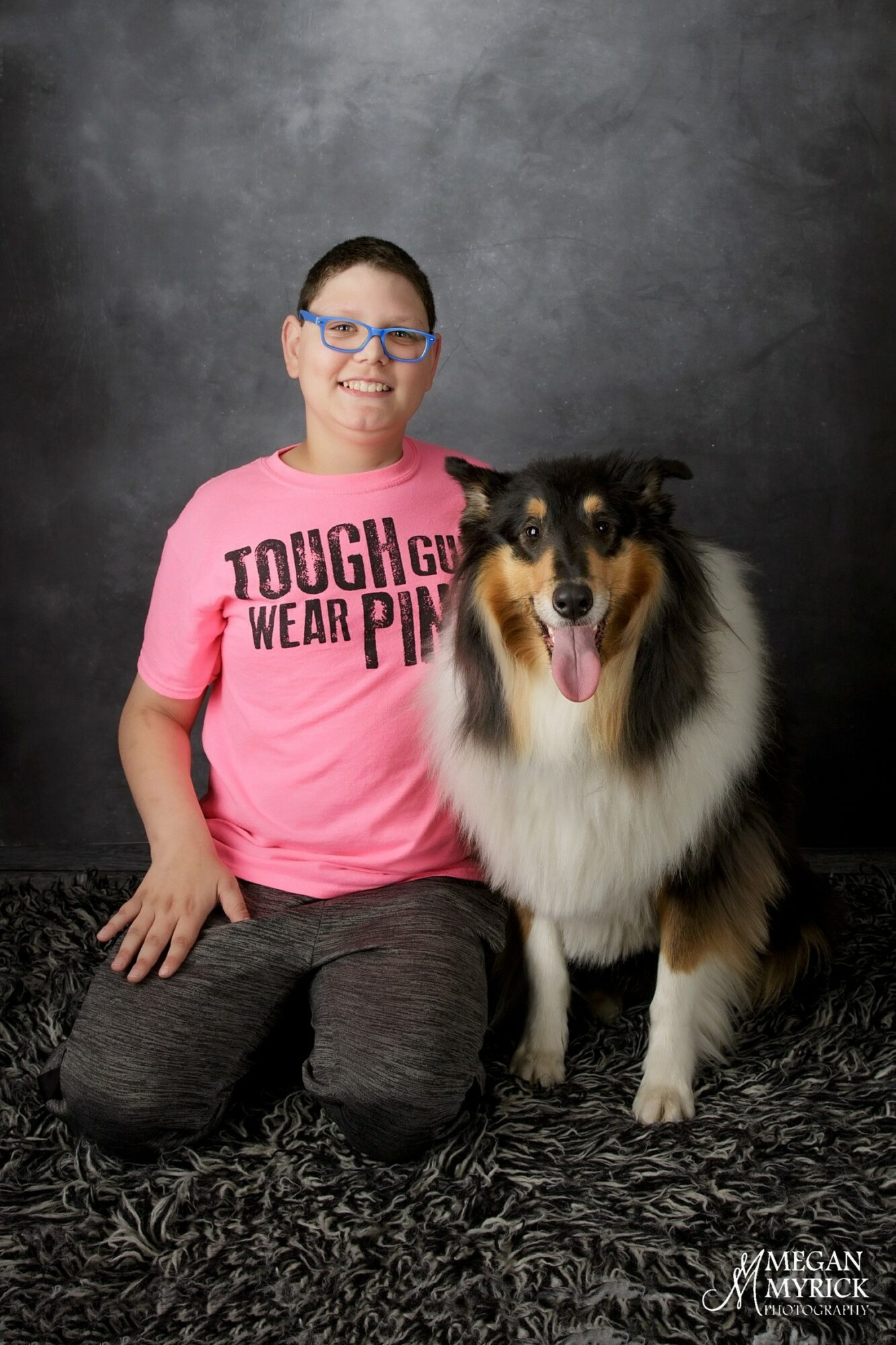
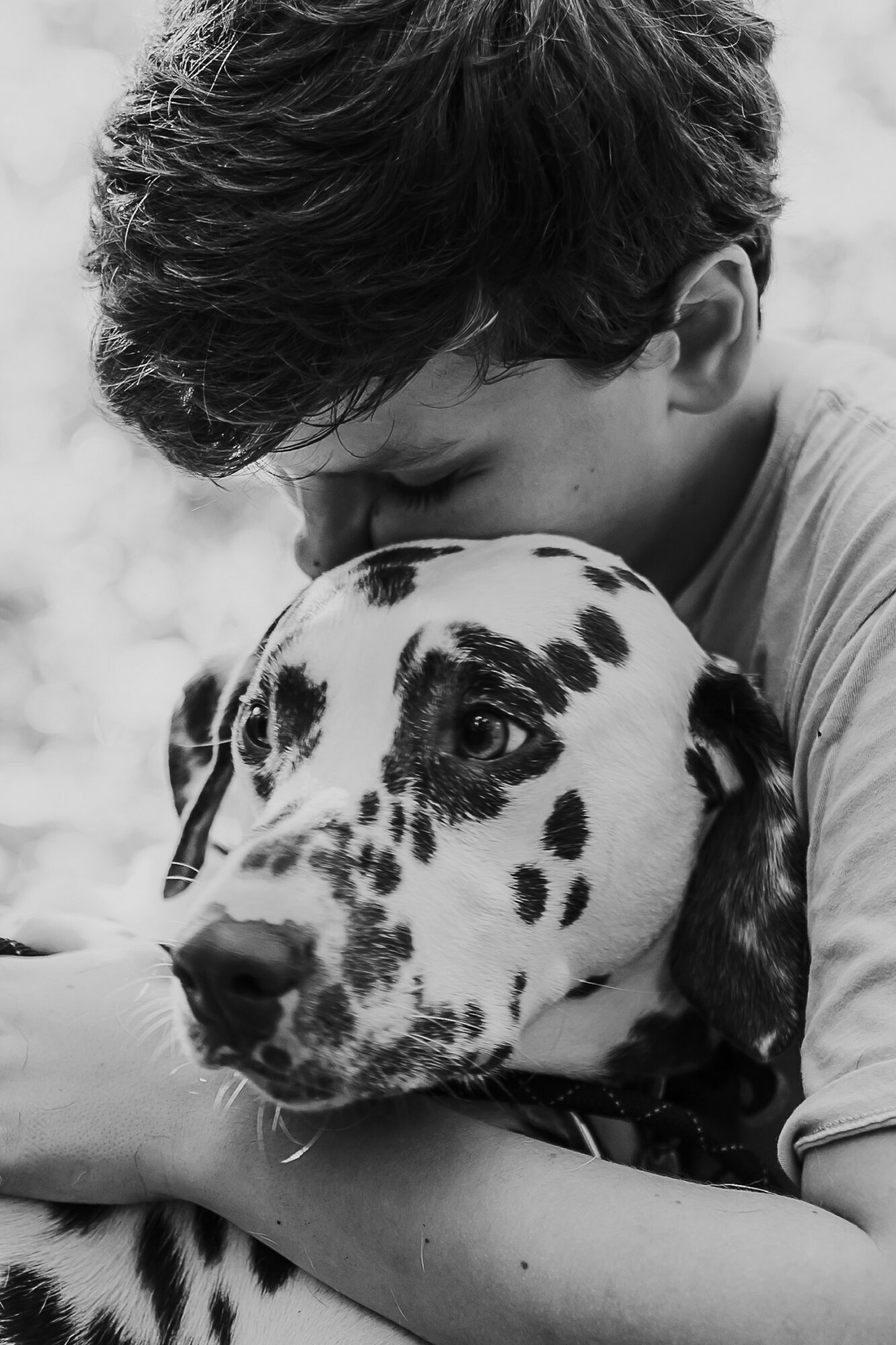
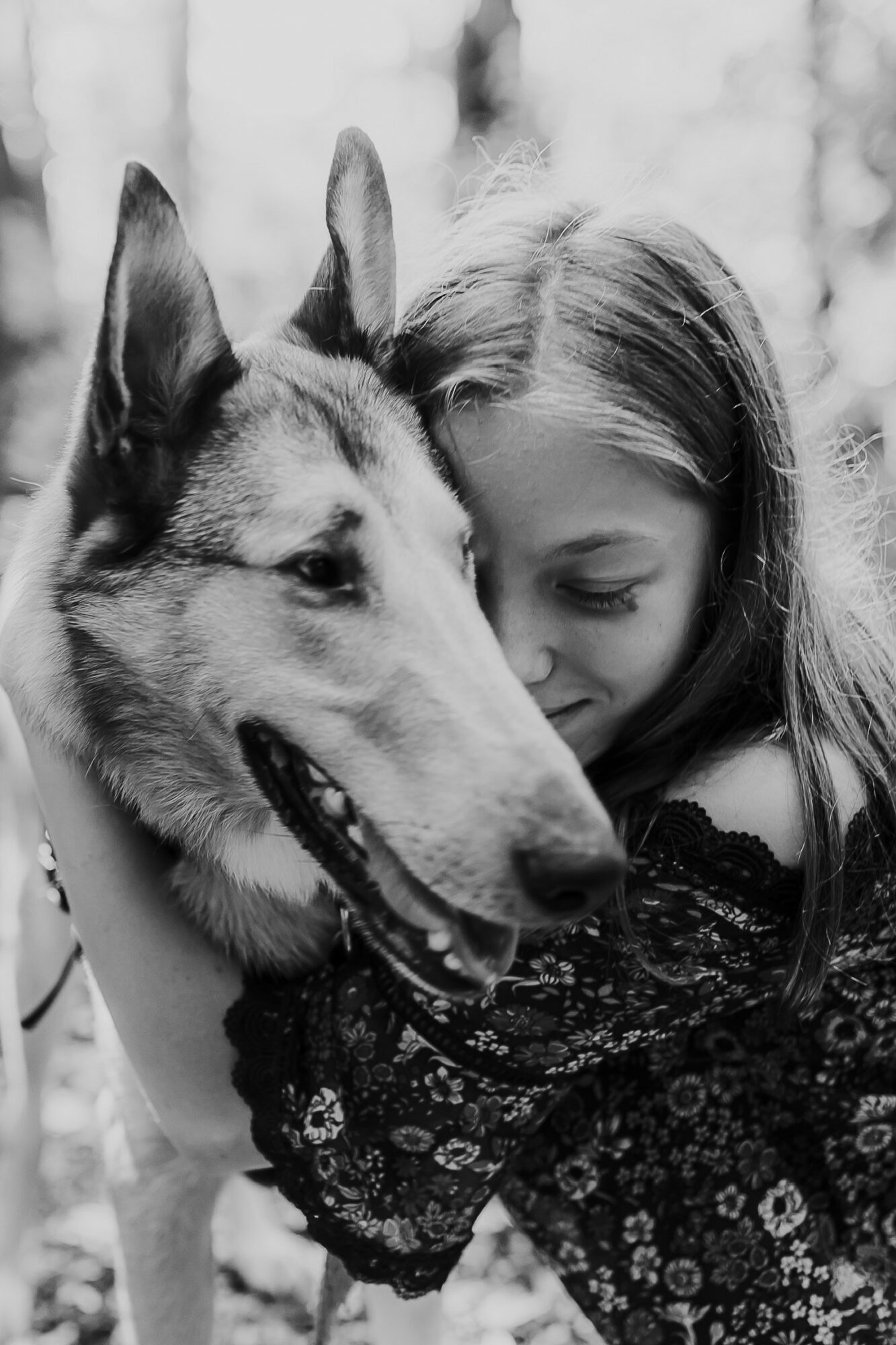
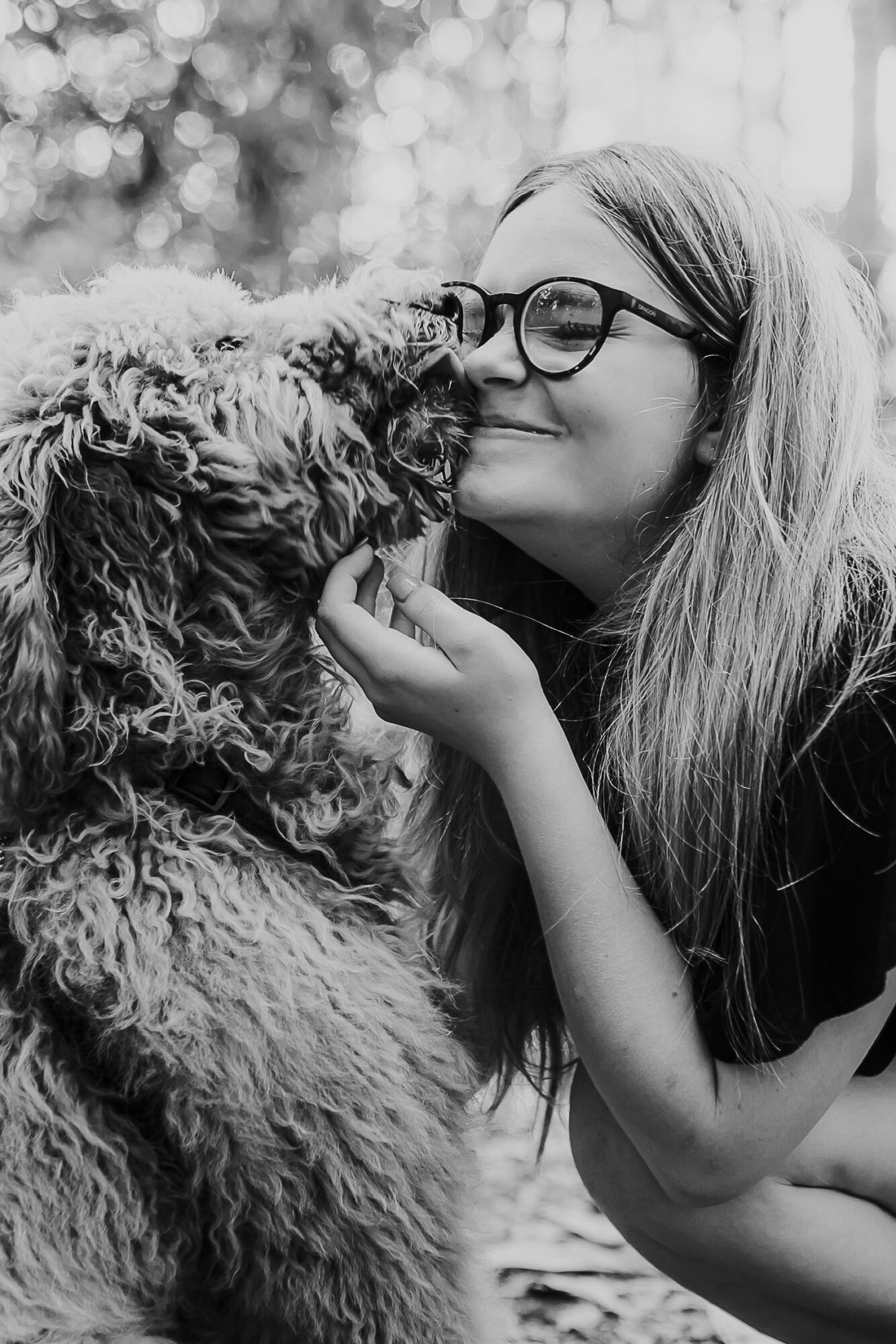
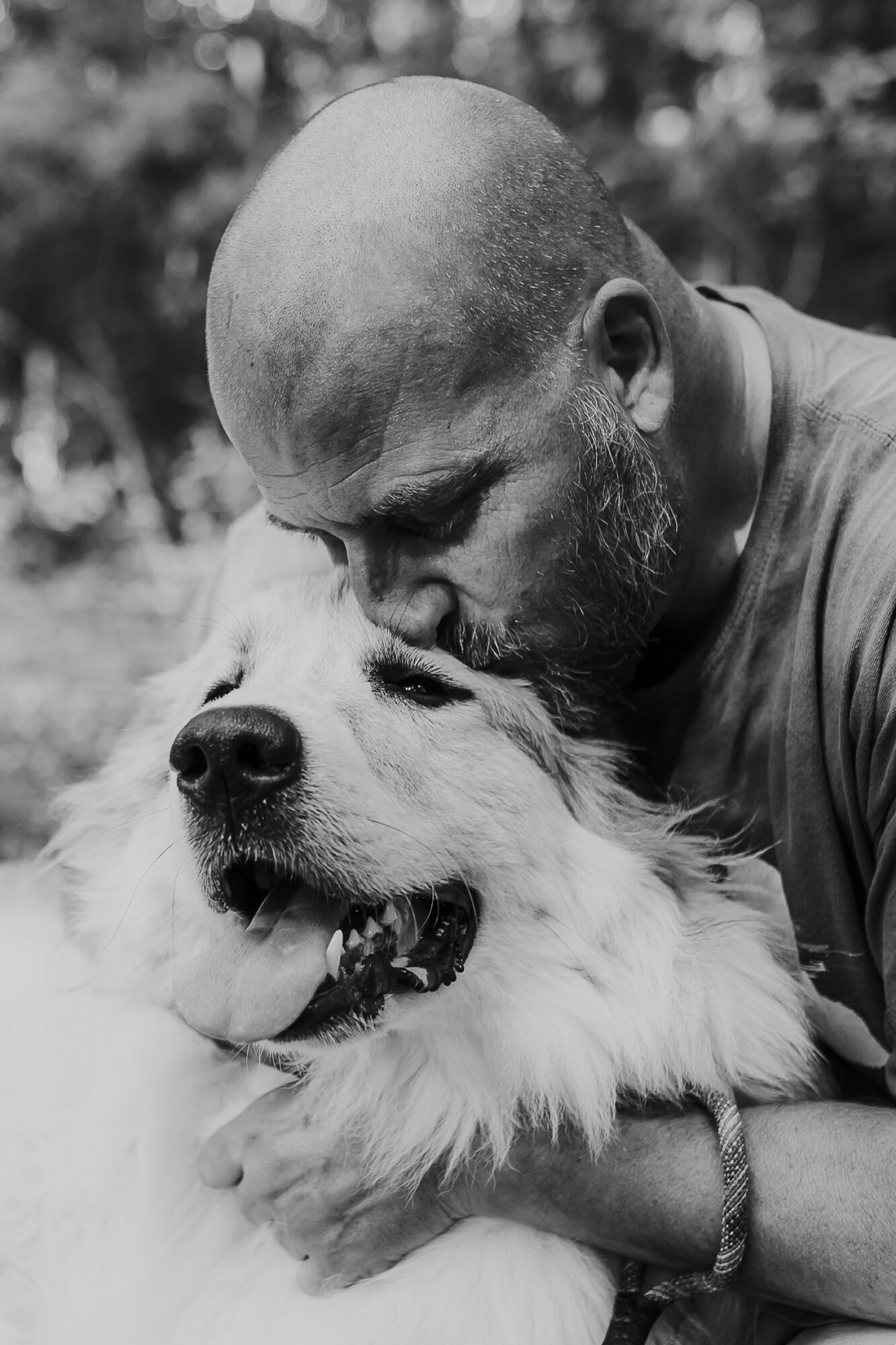
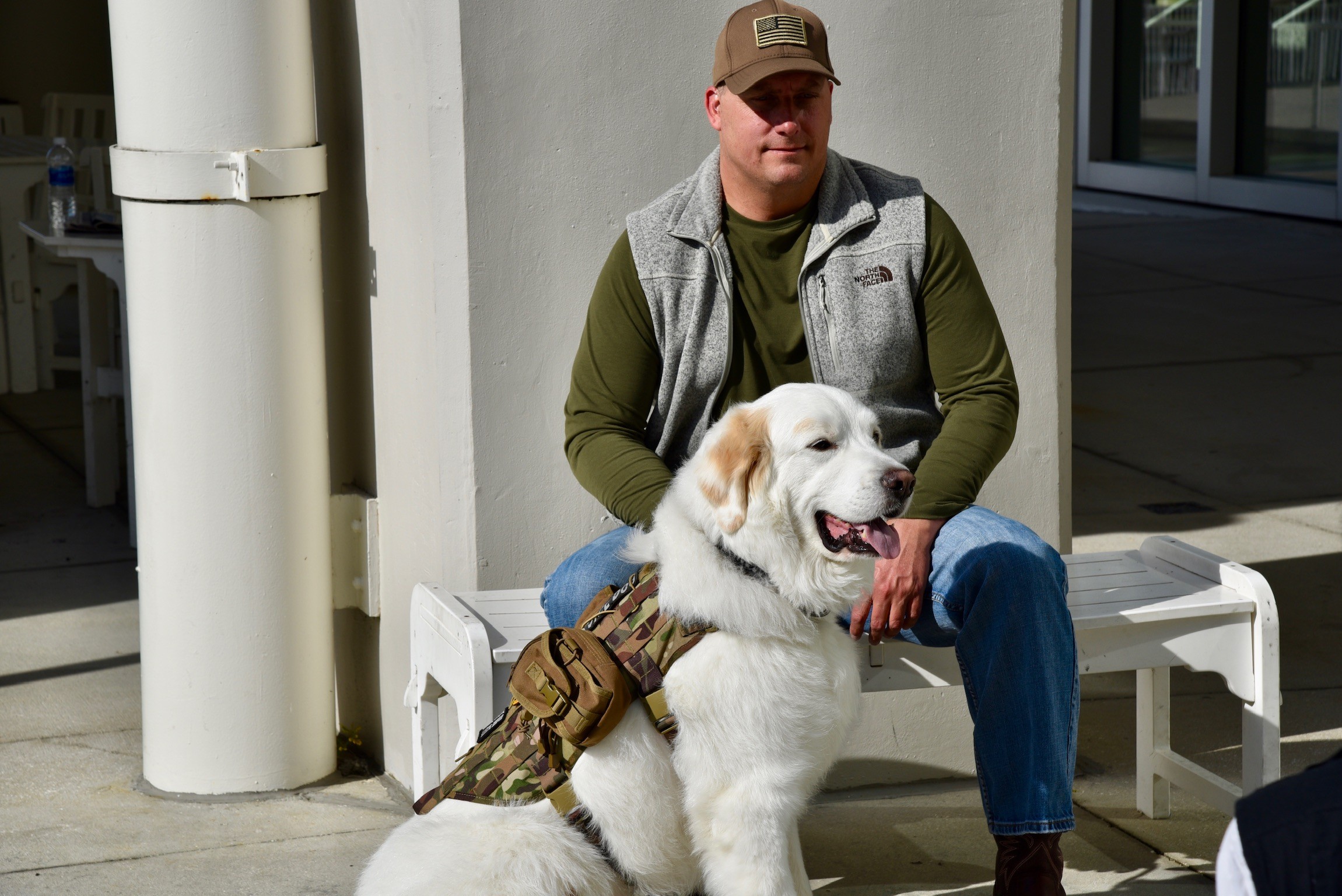
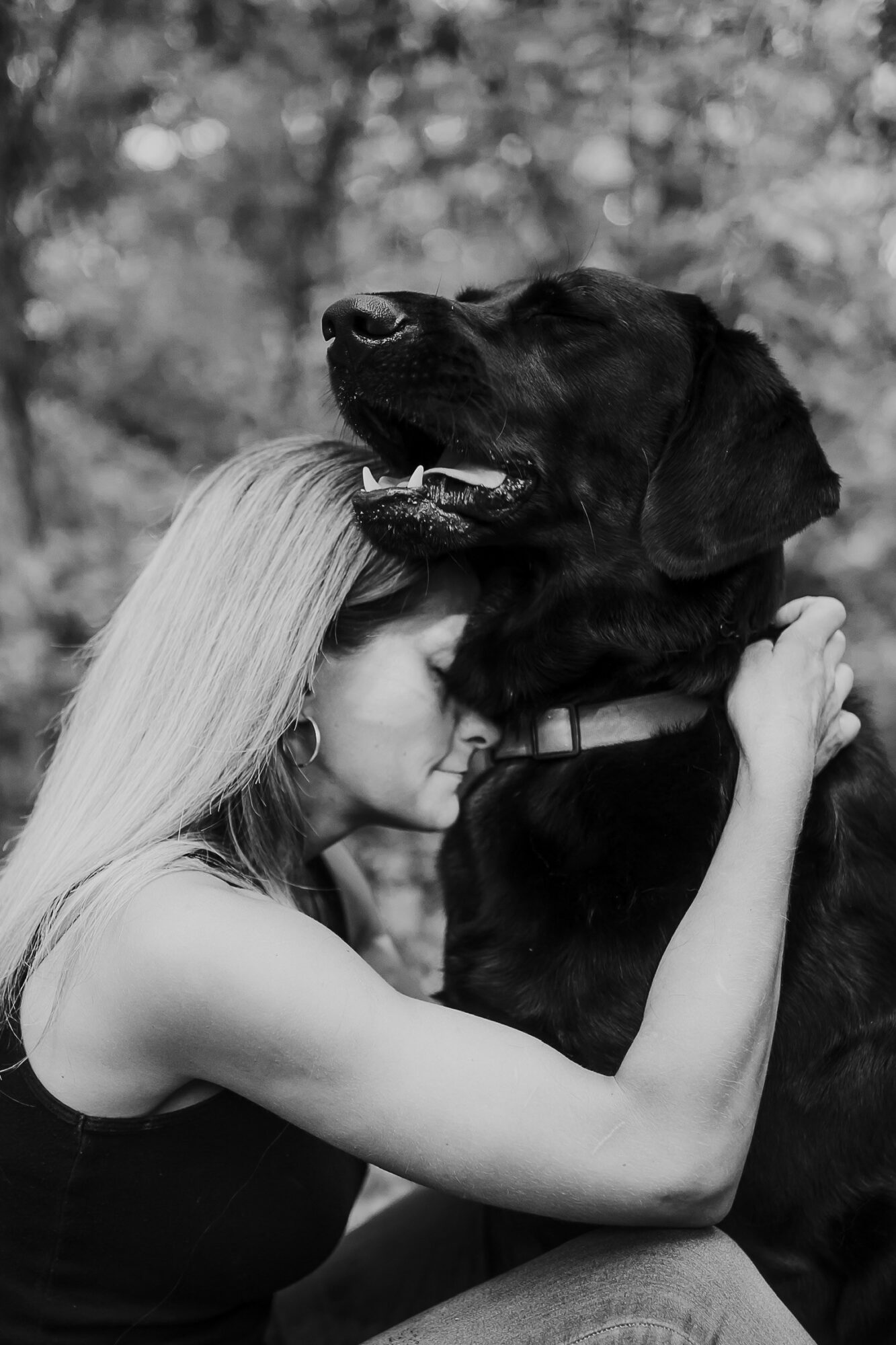 Image Credits
Image Credits
Shots by Somi and Michelle Holloway

